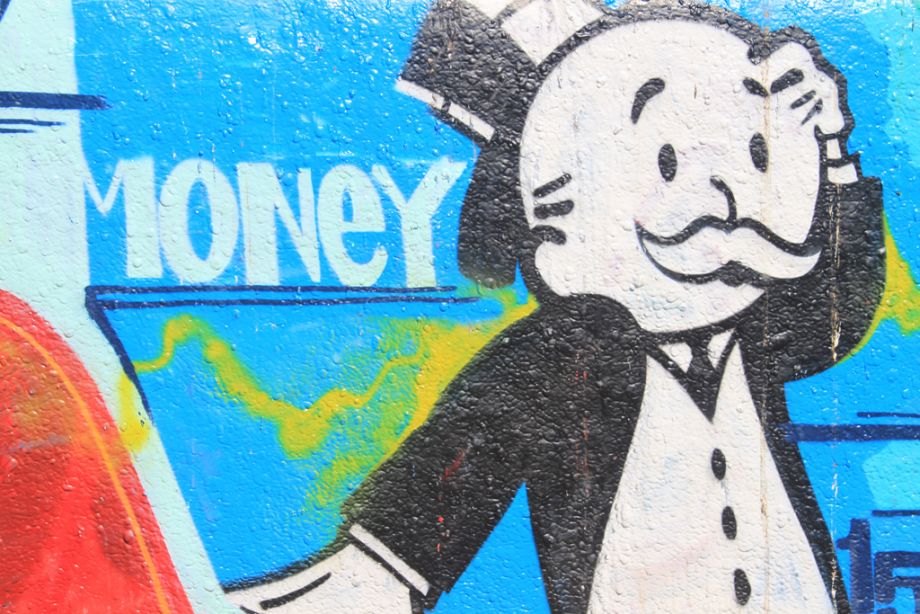Economic inequality has officially hit a level that defies all logic. According to a new report, one percent of humanity owns half of all the money on the planet. Let’s just absorb that for a moment: one percent of the people, half of all the money. The other half gets sliced up into ever-diminishing chunks by the remaining 99 percent.
The report, by Credit Suisse, which sounds like a bank where the one percent would keep half the world’s money, goes on to relate some more choice factoids, some of which might even apply to you. Chances are you’re not in the 1 percent — for that you’d need $798,000. But you just might be in the top 10 percent, if you have $77,000. That includes all your cash, your investments, anything in your 401k, plus the accumulated value of everything you own: your car, your house, your top hat and monocle, etc.
If you’re in the top 10 percent, congratulations, you’re a partial owner of 87 percent of the world’s total wealth. If not, you’re divvying up the leftover 13 percent with 90 percent of the planet. The Guardian points out that these statistics build on similar recently reported shock-data, like the Oxfam report that showed the richest 85 people in the world have as much money as the poorest 3.5 billion.
Overall, global wealth rose by $20.1 trillion over the past year, and is now 20 percent higher than it was during peak-bubble right before the recession. And in just one year, wealth in the U.S. has grown by $12.3 trillion, which is more than the entire total amount that the country lost in the economic crash.
But all this newly minted cash isn’t going around equally, of course. The report points out that the “wealth income ratio,” which compares the rate that general wealth is rising in comparison to incomes, is at a record high, and a level that it’s only touched once before — during the Great Depression. “This is a worrying signal given that abnormally high wealth income ratios have always signaled recession in the past,” says the report. In other words, those slices of pie are probably about to get even smaller.

Will Doig was formerly Next City’s international editor. He's worked as a columnist at Salon, an editor at The Daily Beast, a lecturer at the New School, and a communications staffer at the Open Society Foundations. He is the author of High-Speed Empire: Chinese Expansion and the Future of Southeast Asia, published by Columbia Global Reports.
















